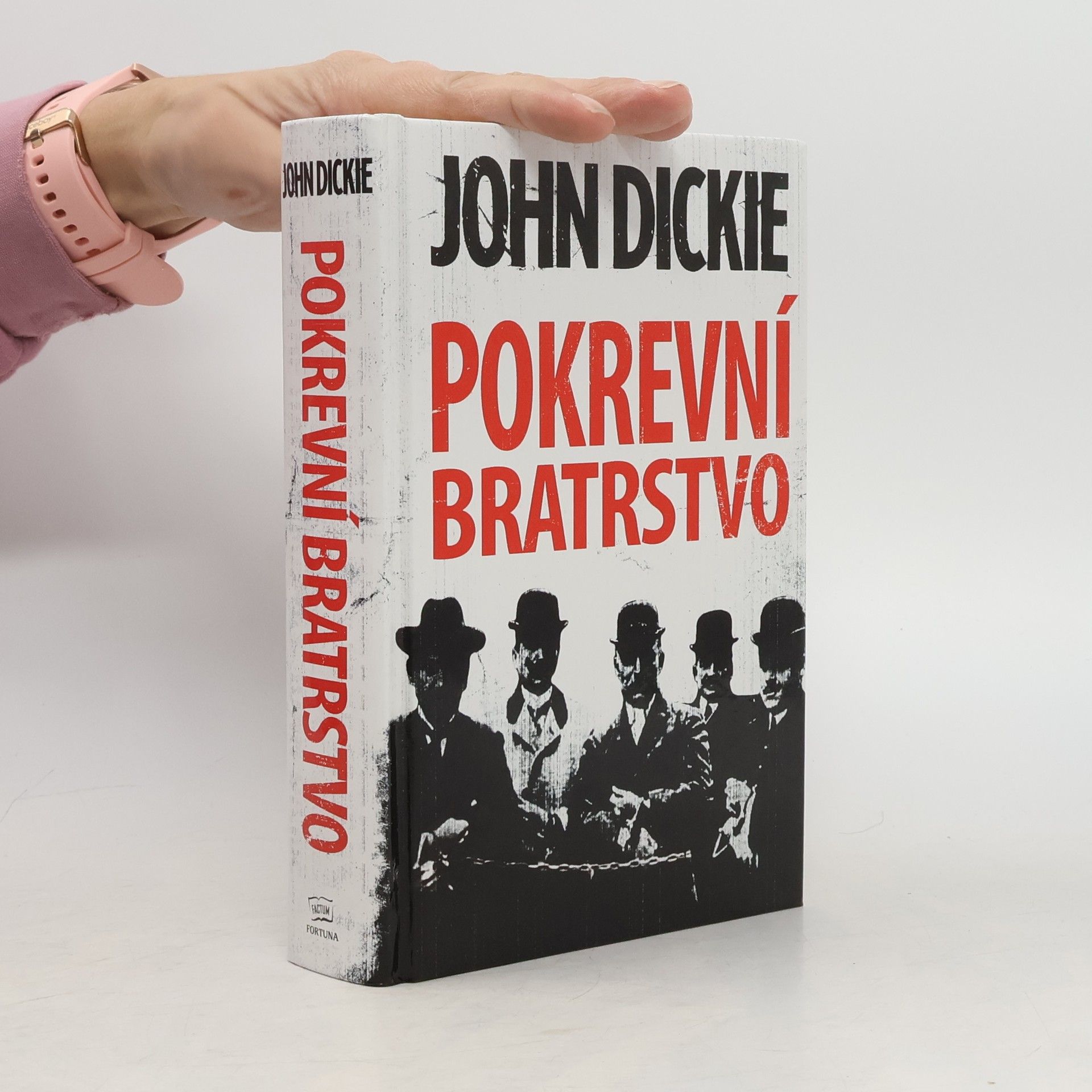The author of the bestselling COSA NOSTRA and MAFIA BROTHERHOODS explores the terrifying consequences of the rise of the Italian mafias.
John Dickie Libros

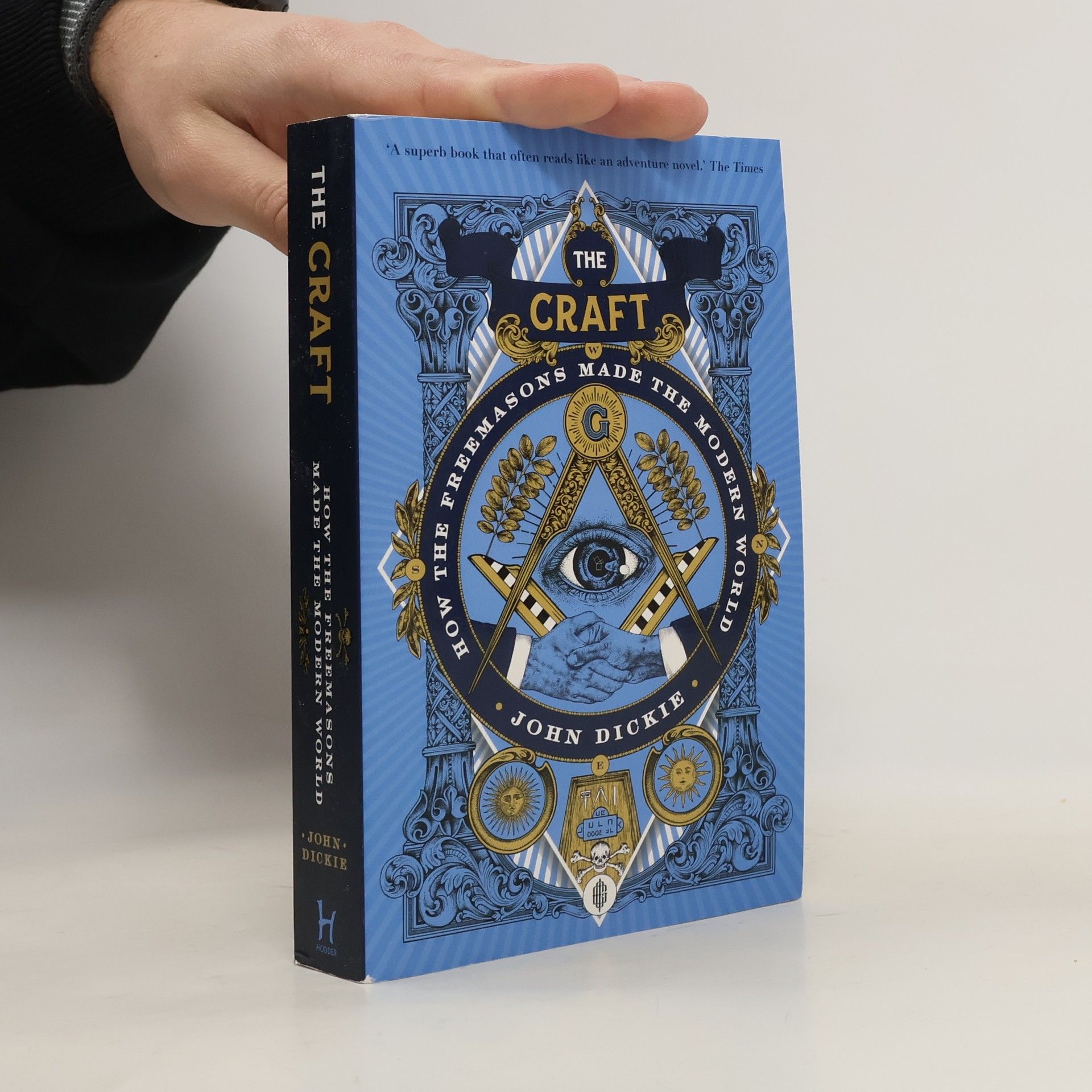
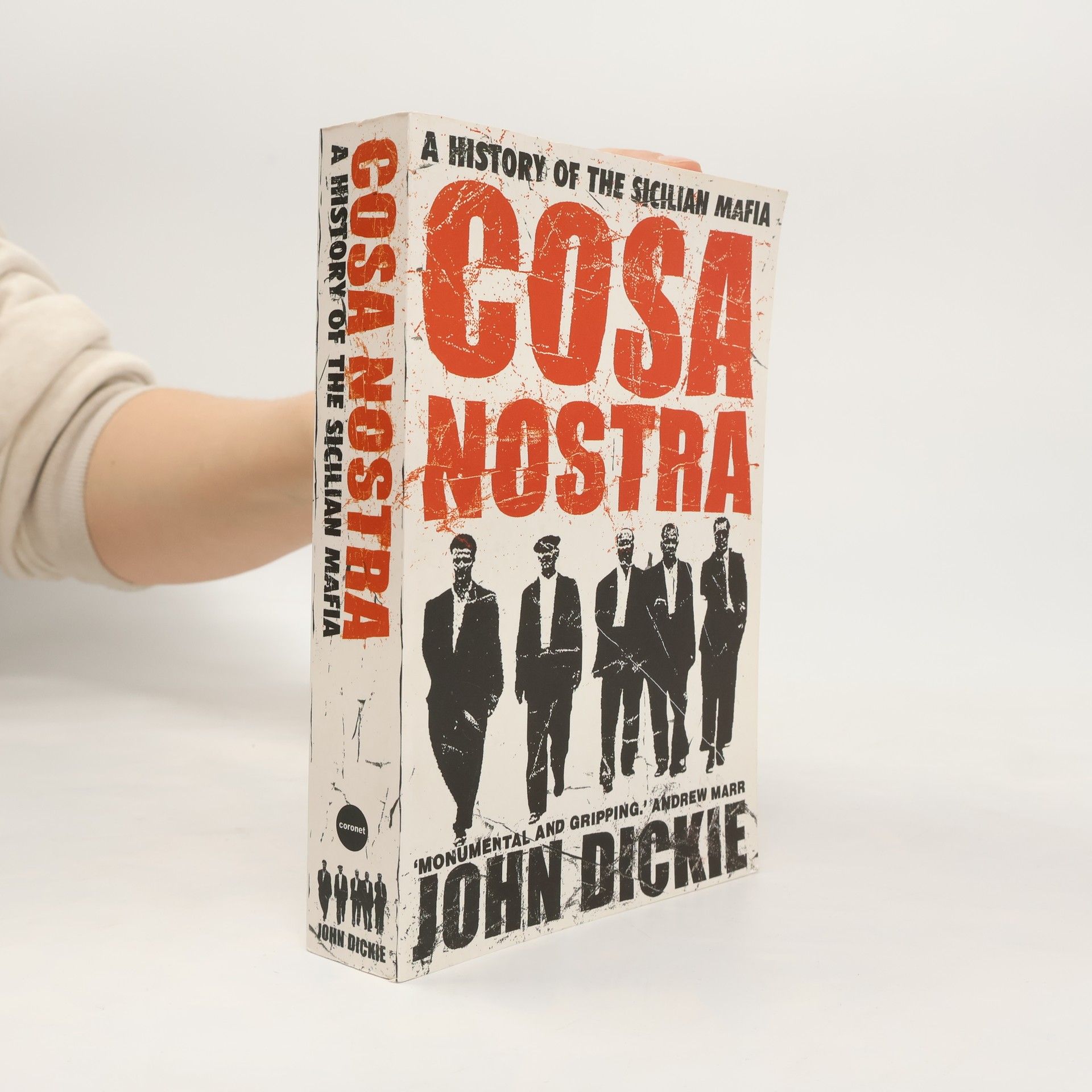
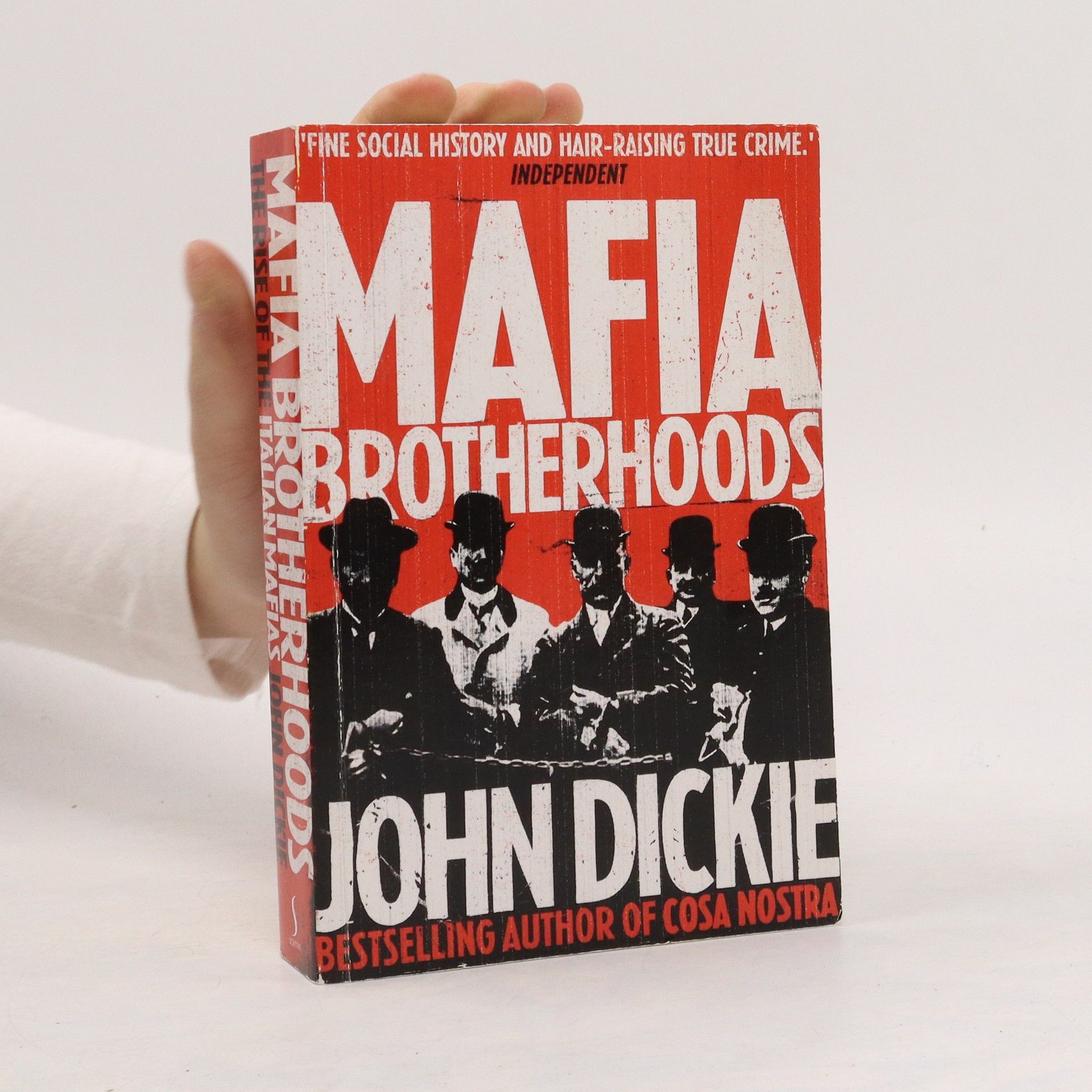

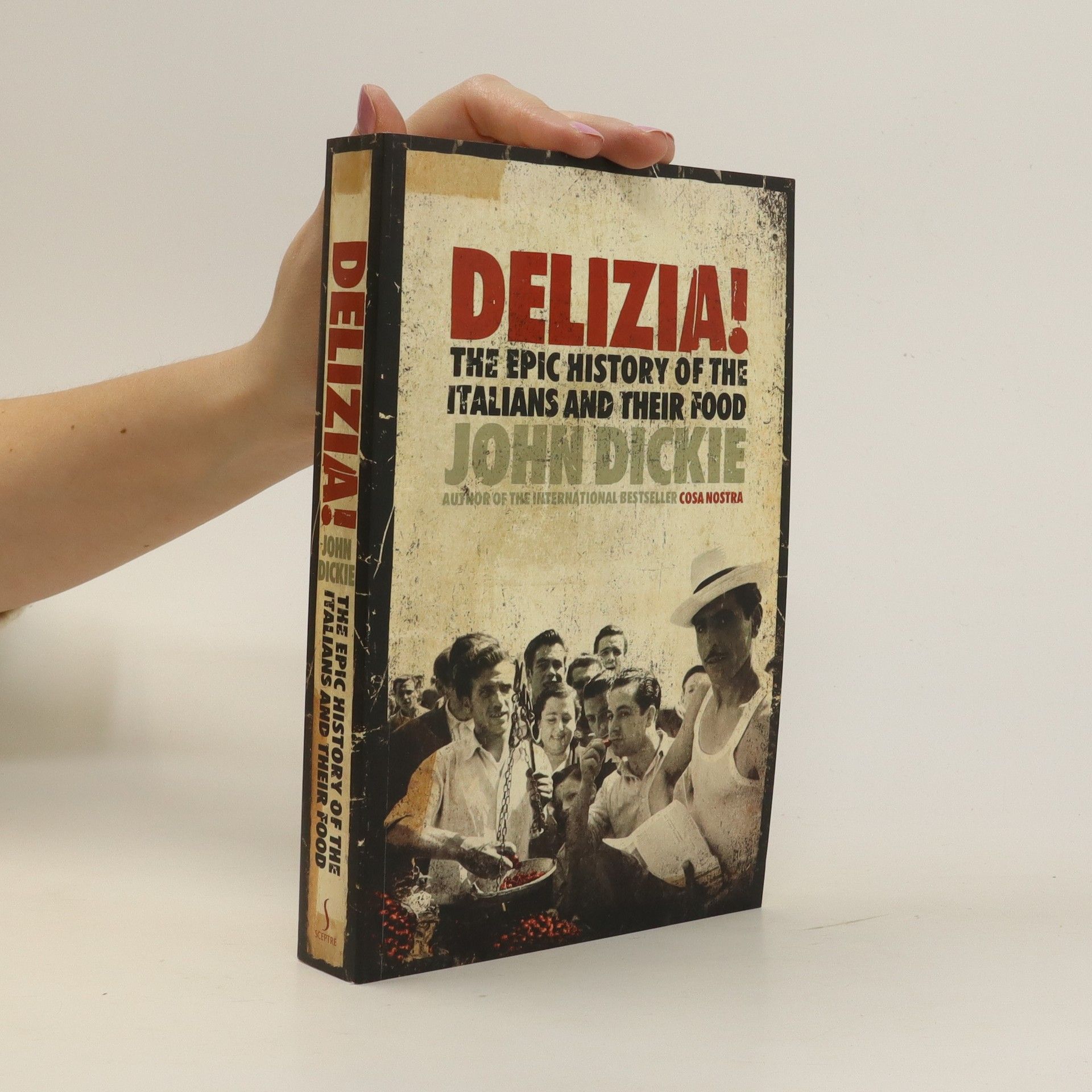
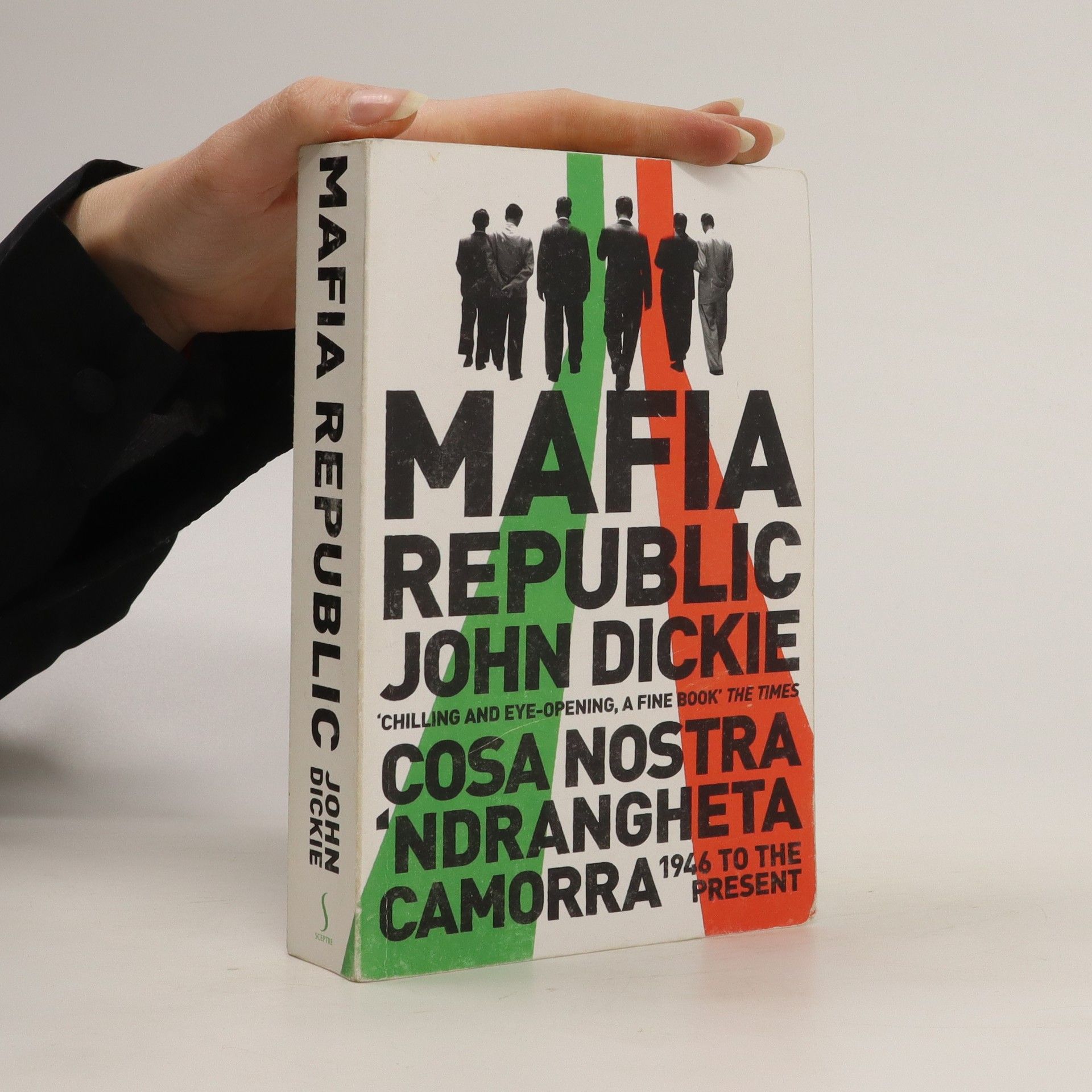
Takes a revelatory historical journey through the flavours of Italy's cities. From the pleasure gardens of Renaissance Ferrara, to the putrid alleyways of nineteenth-century Naples, this work shows how violence and intrigue, as well as taste and creativity, went to make the world's favourite cuisine
The New Mandarins. How British Foreign Policy Works
- 256 páginas
- 9 horas de lectura
Not since Anthony Eden's Suez War of 1956 has Britain's foreign policy provoked such intense controversy. But how are British foreign policy decisions taken? How does British diplomacy actually work? For generations the Foreign Office operated as an elitist, secretive institution resisting intrusion and change. Now this book reveals the revolution which transformed the Foreign Office. John Dickie describes for the first time how the new mandarins are tested, selected, trained and promoted in Britain's Diplomatic Service. His unrivalled knowledge has enabled him to illuminate the structures of foreign policy making in London, the relationships between career diplomats and the Foreign Secretary, and the workings of the backroom experts connected to shadowy, powerful figures in other capitals. Dickie discloses much that was not previously known, such as the operations of the Anglo-American Intelligence network; the distrust of Britain's European partners; the ""brain trust"" of academics who provide intellectual rationale for policies; the ways in which foreign policy is affected from the outside through M.P.s, think-tanks, campaigning non-government-organizations and the media.
Mafia Brotherhoods: Camorra, mafia, 'ndrangheta: the rise of the Honoured Societies
- 447 páginas
- 16 horas de lectura
The author of the bestselling COSA NOSTRA explores the previously underexposed mafias of Southern Italy.
Cosa Nostra
- 512 páginas
- 18 horas de lectura
COSA NOSTRA is the compelling story of the Sicilian mafia, the world's most famous, most secretive and most misunderstood criminal fraternity. The mafia has been given many names since it was founded one hundred and forty years ago: the Sect, the Brotherhood, the Honoured Society, and now Cosa Nostra. Yet as times have changed, the mafia's subtle and bloody methods have remained the same. Now, for the first time, COSA NOSTRA reconstructs the complete history of the Sicilian mafia from its origins to the present day, from the lemon groves and sulphur mines of Sicily, to the streets of Manhattan. COSA NOSTRA is a definitive history, rich in atmosphere, and with the narrative pace of the best detective fiction. The mob genre has finally grown up.
Professor John Dickie's riveting new history of Freemasonry - an organization as mysterious as it is influential.
Pokrevní Bratrstvo
- 434 páginas
- 16 horas de lectura
Dějiny italské mafie jsou psány krví. John Dickie, autor knihy Cosa Nostra, se ponořil ještě hlouběji do archivů a ve světle nejnovějších poznatků rozkrývá vznik a historii tří nejvýznamnějších odnoží italské mafie: sicilské Cosy Nostry, neapolské Camorry a kalábrijské \\\'Ndranghety. Na jednotlivých příbězích ukazuje tragické osudy statečných můžu a žen, kteří se mafii postavili a představuje heroické soudce a policisty, kteří proti mafii neúnavně bojovali a často ve jméno spravedlnosti položili život.
Cosa Nostra. Storia della mafia siciliana
- 473 páginas
- 17 horas de lectura
Hailed in Italy as the best book ever written about the mafia in any language, Cosa Nostra is a fascinating, violent, and darkly comic account that reads like fiction and takes us deep into the inner sanctum of this secret society where few have dared to tread.In this gripping history of the Sicilian mafia, John Dickie uses startling new research to reveal the inner workings of this secret society with a murderous record. He explains how the mafia began, how it responds to threats and challenges, and introduces us to the real-life characters that inspired the American imagination for generations, making the mafia an international, larger than life cultural phenomenon. Dickie's dazzling cast of characters includes Antonio Giammona, the first "boss of bosses''; New York cop Joe Petrosino, who underestimated the Sicilian mafia and paid for it with his life; and Bernard "the Tractor" Provenzano, the current boss of bosses who has been hiding in Sicily since 1963.
+++Haarsträubendes True Crime: Erstmals die wahre Geschichte der gesamten Mafia mit all ihren Gesichtern – Camorra, Cosa Nostra, 'Ndrangheta. Von Bestsellerautor John Dickie+++ Sie stehen für Korruption, Subventionsbetrug, Menschenhandel, Erpressung und Mord. Jeder dieser Mafiaclans hat seine eigene Geschichte, dunklen Rituale, Grausamkeiten und speziellen Geschäftmethoden. Alle drei haben ihre erbarmungslose Herrschaft international etabliert, die 'Ndrangheta hat Deutschland fest in ihrer Hand. Den blutigen Werdegang dieser einstmals lokalen Verbrecherorganisationen bis hin zu international kooperierenden Unternehmen erzählt der Bestsellerautor und Historiker John Dickie anhand beeindruckender Recherchen.Die brutale Wahrheit hinter den Mythen, glänzend erzählt, packender als jeder Krimi.
Odkryj fascynującą historię jednego z najbardziej wpływowych tajnych bractw we współczesnym społeczeństwie. Założona w Londynie w 1717 roku masoneria szybko rozprzestrzeniła się na cały świat, stając się uzależniającą organizacją wspierającą samodoskonalenie. Jej wpływy były wszechobecne, a pod rządami Jerzego Waszyngtona stały się fundamentem nowego narodu amerykańskiego. Masoneria utrzymywała spójność imperium brytyjskiego, a za Napoleona stała się narzędziem autorytaryzmu, by następnie być przykrywką dla Francuskiej rewolucji. Kościół Mormonów i mafia sycylijska mają swoje korzenie w masonerii, która była zarówno przerażająca, jak i wpływowa. W oczach Kościoła katolickiego stanowiła kolebkę czcicieli diabła, a dla Hitlera, Mussoliniego i Franco była zagrożeniem, które należało zniszczyć. Historia masonerii łączy w sobie postacie takie jak Winston Churchill, Walt Disney, Wolfgang Amadeusz Mozart, Shaquille O'Neal, Benjamin Franklin i Buzz Aldrin. To fascynująca eksploracja tajnego bractwa, które ukształtowało nowoczesne społeczeństwo i wciąż ma znaczący wpływ, z prawie pół milionem członków w Wielkiej Brytanii, ponad milionem w USA i około sześcioma milionami na całym świecie.
